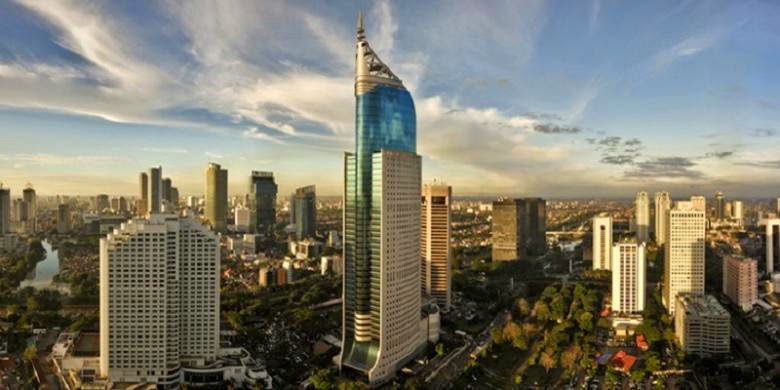Describing Trends
Describing Trends
In business
and everyday English, you sometimes have to describe changes in trends
(movement or tendency), graphs, and diagrams.
In the
business context, you may have to describe trends in reports, meetings, and
presentations. In everyday life, you could describe changes in any subject
because things change all the time!
Describing
changes and trends generally consists of three parts:
- Use a verb (or an adjective and a noun) to describe movement
- Describe the speed or size of the movement
- Explain the reason or consequence of the change
You can also
view it this way: Verb + Speed or Size + Result/Reason/Consequence
When speaking English we often need to
describe trends in business and the economy. The following words and
expressions are all commonly used.
To Forecast
We forecast that costs could rise by a further 5% between now and next year.
We forecast that costs could rise by a further 5% between now and next year.
To Predict
Economists are predicting a double-dip recession.
Economists are predicting a double-dip recession.
To Go Up
Prices have gone up by 10%.
Prices have gone up by 10%.
To Increase
The cost of living is increasing.
The cost of living is increasing.
To Rise
Prices are rising again.
Prices are rising again.
To Strengthen
The pound has strengthened against the dollar.
The pound has strengthened against the dollar.
To Recover
The Euro has recovered after last week's heavy trading.
The Euro has recovered after last week's heavy trading.
To Boost
The weaker pound should also boost exports
The weaker pound should also boost exports
To Peak at (highest point)
Shares peaked at 679p then fell.
Shares peaked at 679p then fell.
To Rocket (dramatic rise)
The cost of bringing up a child has rocketed by over a third in the past five year.
The cost of bringing up a child has rocketed by over a third in the past five year.
To Soar
Soaring house prices make it difficult for first-time buyers to buy a house.
Soaring house prices make it difficult for first-time buyers to buy a house.
To Surge
Costs have surged as a result of increasing oil prices.
Costs have surged as a result of increasing oil prices.
To Go Down
Prices have gone down by 10%.
Prices have gone down by 10%.
To Decrease
The cost of living is decreasing.
The cost of living is decreasing.
To Fal
Prices are falling again.
Prices are falling again.
To Weaken
The pound has weakened against the euro.
The pound has weakened against the euro.
To Drop
Increased labour costs have caused profits to drop.
Increased labour costs have caused profits to drop.
To Slow
The economy slowed last year as a result of interest rate rises.
The economy slowed last year as a result of interest rate rises.
To Bottom Out At (lowest point)
Shares bottomed out at 37p then rose.
Shares bottomed out at 37p then rose.
To Plummet (dramatic fall)
The Euro plummeted against the US Dollar, then rose.
Ways of talking about movement in English
The Euro plummeted against the US Dollar, then rose.
Ways of talking about movement in English
steady
– a steady rise
slight- a slight improvement on
moderate – a moderate recovery
dramatic – a dramatic rise
substantial- substantial growth
robust – robust growth
upward / downward – an upward / downward trend
slight- a slight improvement on
moderate – a moderate recovery
dramatic – a dramatic rise
substantial- substantial growth
robust – robust growth
upward / downward – an upward / downward trend


Komentar
Posting Komentar
Silahkan di komen yaa